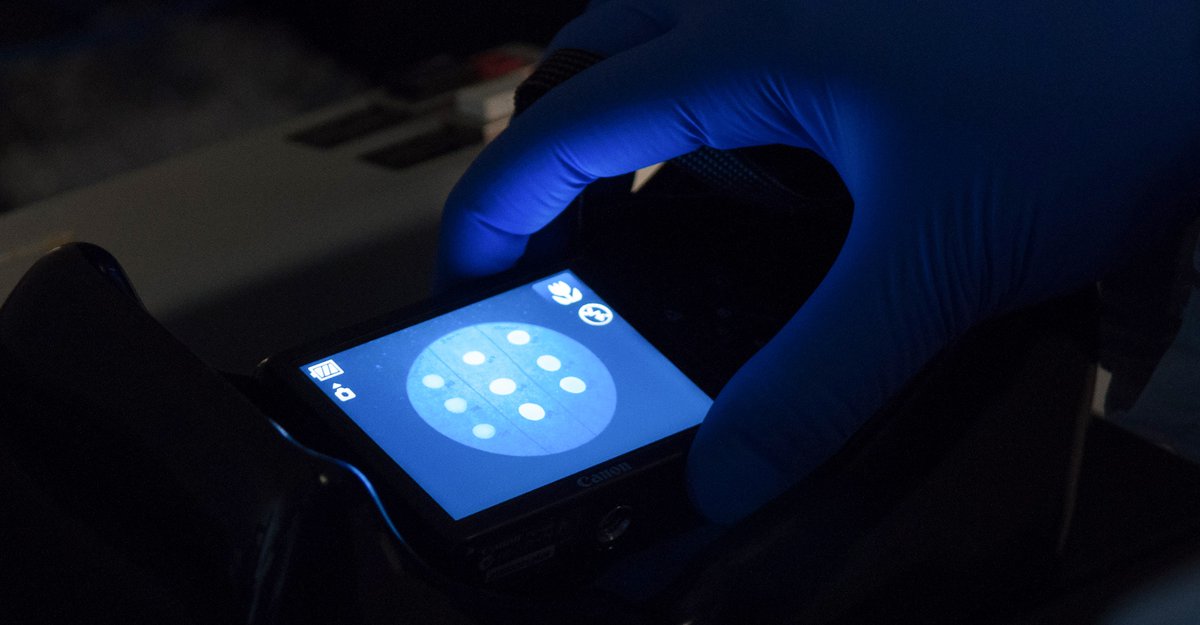
G6PD Operational Research Community of Practice
Advancing the use of G6PD tests at the point of care.
The G6PD Operational Research Community of Practice (GORCoP) is a collaboration of researchers, organizations, malaria control programs, and clinicians committed to advancing the introduction and scale-up of glucose-6-phosphate dehydrogenase (G6PD) diagnostics in support of safe access to radical cure treatment for Plasmodium vivax malaria through operations research. There are several G6PD diagnostics available now and in the pipeline that have the potential to expand access to safe radical cure. The GORCoP seeks to understand and prepare for the transitions that health systems will need to undergo to adopt these tests.
This community of practice aims to harness best practices and lessons learned from multiple stakeholders, benefiting from the expertise of participants in areas such as diagnostic introduction, operations research, implementation science, quality assurance, and training. To support information sharing, the GORCoP maintains a publicly available repository of resources accessible through the GORCoP website, hosts meetings and presentations, provides ongoing updates, and creates connections among participants.
Resources
The GORCoP offers resources and materials to support collaboration between national malaria control programs, researchers, and institutions working to advance the use of G6PD tests at the point of care. This includes sample protocols, test training materials, quality assurance and patient education materials, and archived webinars.
Join the community of practice
Stay up-to-date on the latest research, participate in conversations, and receive updates from the community.
Upcoming webinar
Members of the community of practice are invited to join live webinars for presentations and discussions on the latest developments within G6PD operational research. These topics include lessons learned during training, research or implementations, and ethics and quality assurance for point-of-care testing.
Webinar archives
Lina Zuluaga from the University of Antioquia in Colombia shared her experiences developing and assessing a Pilot Educational Program using the G6PD test for P. vivax malaria management in Colombia.
Lina Zuluaga, de la Universidad de Antioquia en Colombia, compartió sus experiencias en el desarrollo y evaluación de un Programa Educativo Piloto sobre el uso de la prueba de G6PD para el manejo de la malaria por P. vivax en Colombia.
Lina Zuluaga, da Universidade de Antioquia, compartilhou suas experiências desenvolvendo e avaliando um Programa Educacional Piloto sobre o uso do teste de G6PD para o manejo da malária por P. vivax na Colômbia.
Germana Bancone from the Shoklo Malaria Research Unit presents data from a mixed-methods study that assessed the technical performance and usability of the Biosensor STANDARD G6PD Test to diagnose G6PD deficiency in newborns at risk of severe neonatal hyperbilirubinemia.
Gonzalo Domingo presentó un análisis multipaís de las evaluaciones clínicas de la prueba G6PD STANDARD.
Gonzalo Domingo apresentou uma análise multi-países de avaliações clínicas do Teste STANDARD G6PD.
Emily Gerth-Guyette & Stephanie Zobrist present a multi-country analysis of clinical evaluations of the STANDARD G6PD Test.
Quantitative and qualitative screening for G6PD deficiency and tafenoquine provide new opportunities for treating and controlling P. vivax malaria. Angela Devine from the Menzies School of Health Research and the University of Melbourne review and discuss a new online tool for assessing the cost-effectiveness of radical cure options.
Stephanie Zobrist and Jose Diego Brito-Sousa present data generated in two distinct research settings: a highly controlled clinical validation trial and municipal vivax malaria diagnostic units in the Amazonas and Rondônia states of Brazil. Their presentations highlight key aspects of the performance and operational use in both settings, relevant distinctions, and discuss the implications of those differences for program planning and patient care.
THREE PART webinar series on interpreting quantitative G6PD test results at the point of care.
In part two of this series, Dr. Benedikt Ley from the Menzies School of Health Research presents the outcomes of the multi-laboratory assessment conducted by FIND and Menzies on the repeatability and reproducibility of the STANDARD G6PD Test.
In part two of this series, Pooja Bansil and Emily Gerth-Guyette from PATH discuss the interpretation of a point-of-care G6PD test, the STANDARD™ G6PD Test, and provide practical guidance on interpreting a quantitative result and using it for a semi-quantitative classification of G6PD status.
In part one of this series, Daniel Pfeffer, from the Menzies School of Health Research and Dr. Gonzalo Domingo, Scientific Director and malaria diagnostics lead at PATH explore the underlying epidemiology and case definitions used to evaluate point-of-care tests for G6PD deficiency and the implications on diagnostic performance.
January 19, 2021 webinar: Early experiences with point-of-care G6PD testing in malaria case management.
UCSF, CMPE, PATH, and CHAI scientists share their early experiences and challenges of incorporating point-of-care testing for G6PD deficiency with Plasmodium vivax malaria case management in Laos, Cambodia, and Vietnam.
July 14, 2020 webinar: User perspectives on a quantitative G6PD test in Bangladesh. In this part two of the series on user perspectives from G6PD testing activities in Bangladesh, Nora Engel and Cristian Traian Ghergu from Maastricht University present a qualitative study that evaluated user perspectives on a quantitative G6PD test to support radical cure of P. vivax malaria in Bangladesh.
July 7, 2020 webinar: A training for health service providers on the SD Biosensor STANDARD G6PD test in Bangladesh. Mohammad Shafiul Alam, Associate Scientist at the Emerging Infections & Parasitology Laboratory of icddr,b, discusses the operations and findings from a training workshop for health service providers to support the implementation of the SD Biosensor STANDARD G6PD test in health facilities in Bangladesh.
April 7, 2020 webinar: Training healthcare providers for point of care G6PD testing in Brazil. Jose Diego de Brito Sousa, MSc, a Clinical Lab Scientist at the Amazonas State University in Brazil, discusses his experiences training healthcare providers to use the STANDARD G6PD test for the ongoing SAFEPRIM study in Manaus and Porto Velho. Diego also shares his experience working with both CareStart and STANDARD G6PD tests and his reasoning for preferring one test over the other.
October 30, 2019 webinar: Communicating Results and Counseling. Nicole van der Merwe, Ph.D., discussed foundational principles that genetic counselors use to communicate individual findings ethically. Eva Maria Cutiongco-De La Paz, MD, shared themes from the approach to counseling for G6PD as part of the Philippines National Institute of Health’s newborn screening program.
July 16, 2019 webinar: An Introduction to Quality Assurance in G6PD Testing. Germana Bancone, a research scientist with Shoklo Malaria Research Unit (SMRU), introduced quality assurance in G6PD testing. Maria Kahn, a senior research associate at PATH, discussed the importance of using control reagents in qualitative point-of-care assays for G6PD testing
April 10, 2019 webinar: G6PD Usability Testing and User Considerations. PATH shared usability testing results from current quantitative G6PD tests and training materials that can be adapted for other operations research studies. Fundação de Medicina Tropical Doutor Heitor Vieira Dourado (FMT-HVD) presented training methods and materials from the SAFEPRIM study and the Armed Forces Research Institute of Medical Sciences (AFRIMS) shared their diagnostic introduction activities in Cambodia.
Contact us
For more information, please reach out to GORCoP@path.org.
This G6PD Operational Research Community of Practice is funded by grants from the Foreign, Commonwealth & Development Office (FCDO) and the Bill & Melinda Gates Foundation.


